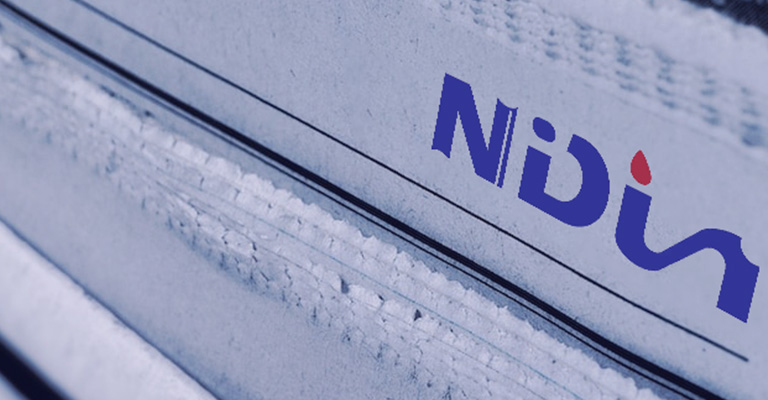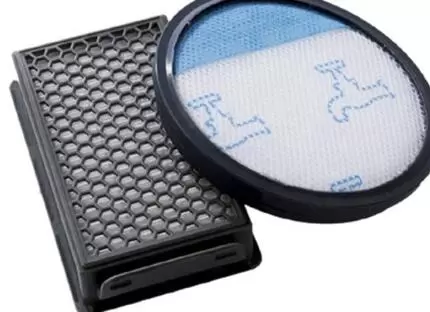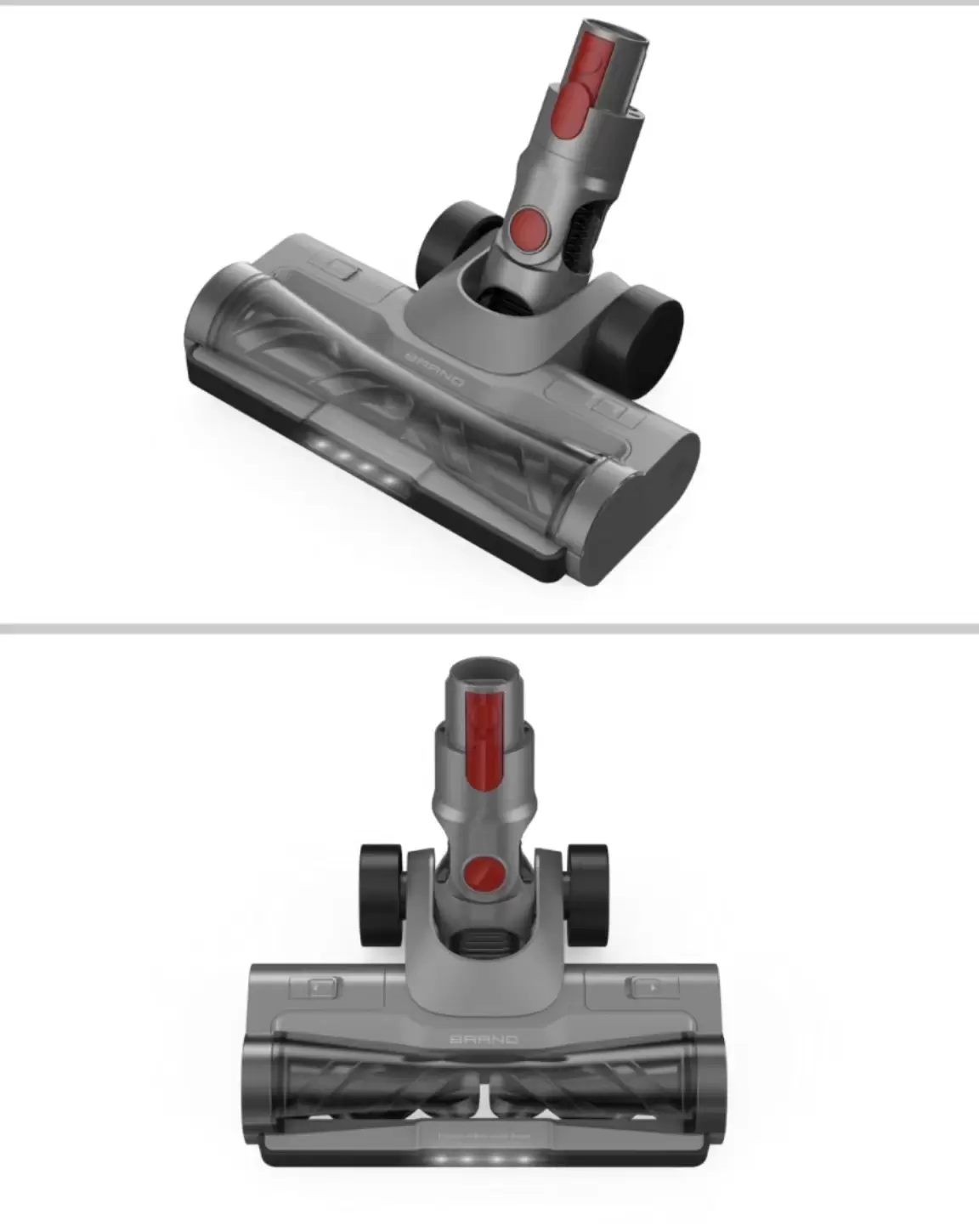Position: Home > About Us > News and Blog > How to Choose the Right Household Air Purifier Filter for Your Home
How to Choose the Right Household Air Purifier Filter for Your Home
Indoor air quality is essential for maintaining a healthy living environment, especially in today's world where pollution levels are on the rise. An air purifier is a great investment, but the effectiveness of your air purifier largely depends on the type of filter it uses. With a variety of air purifier filters available on the market, choosing the right one can be overwhelming. This guide will help you understand the different types of filters and how to choose the best one for your home.
Understanding the Importance of Air Purifier Filters
Air purifier filters play a crucial role in trapping airborne contaminants such as dust, pollen, pet dander, mold spores, and harmful chemicals. A high-quality filter ensures that your indoor air remains clean, reducing allergies and respiratory issues. Investing in the right filter can significantly improve your overall well-being and quality of life.
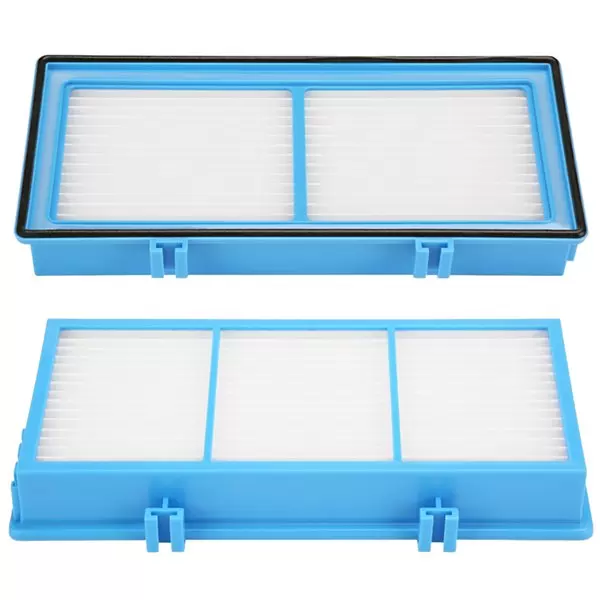
Types of Household Air Purifier Filters
There are several types of air purifier filters, each designed to remove specific pollutants from the air. Understanding their functions will help you choose the best filter for your needs.
1. HEPA (High-Efficiency Particulate Air) Filters
Best for: Allergens, dust, mold spores, and fine particles
HEPA filters are among the most popular and effective air purifier filters. They can trap 99.97% of particles as small as 0.3 microns, making them ideal for households with allergy sufferers. If you want to remove common indoor allergens such as dust mites, pet dander, and pollen, a HEPA filter is the best choice.
2. Activated Carbon Filters
Best for: Odors, smoke, and chemical pollutants
Activated carbon filters are designed to absorb gases, fumes, and unpleasant odors. They work well in homes where air pollution comes from cooking, smoking, or volatile organic compounds (VOCs) released from furniture and cleaning products. However, these filters do not remove particulate matter like dust or allergens, so they are often used in combination with HEPA filters.
3. UV Light Filters
Best for: Bacteria, viruses, and germs
UV light filters use ultraviolet rays to kill microorganisms such as bacteria, viruses, and mold spores. These filters are an excellent choice for improving hygiene in homes, but they are usually not effective for removing dust, smoke, or allergens. Many air purifiers combine UV filtration with HEPA or activated carbon filters for comprehensive air purification.
4. Electrostatic Filters
Best for: Fine particles and static-charged pollutants
Electrostatic filters use an electric charge to trap airborne particles. They can capture fine particles that may escape through traditional filters. However, they may require frequent cleaning and maintenance to remain effective.
5. Washable/Reusable Filters
Best for: Long-term cost savings and low maintenance
Washable or reusable filters are cost-effective and environmentally friendly because they do not need frequent replacement. However, they may not be as effective as HEPA or activated carbon filters in trapping small airborne contaminants.
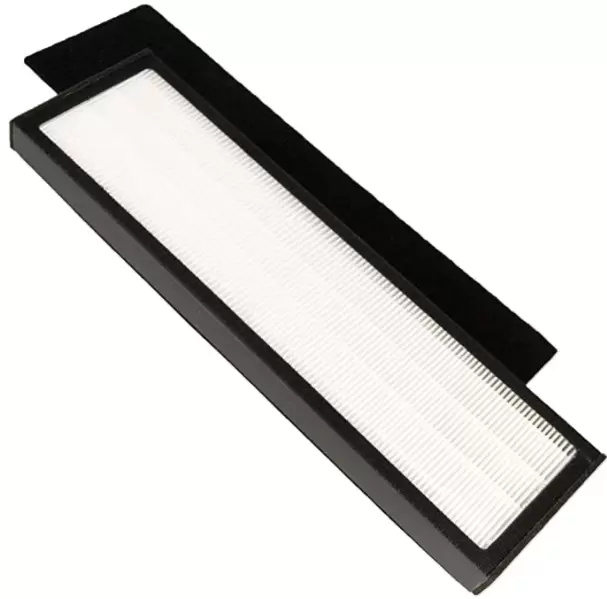
Factors to Consider When Choosing an Air Purifier Filter
When selecting an air purifier filter, consider the following factors to ensure you get the best performance for your home.
1. Your Indoor Air Quality Needs
Identify the primary air quality concerns in your home. If you have allergies, a HEPA filter is the best option. If odors and smoke are a concern, an activated carbon filter will work best. For germ control, consider a UV filter.
2. Filter Efficiency and Rating
Check the filter's efficiency rating, often indicated by the Minimum Efficiency Reporting Value (MERV) or Clean Air Delivery Rate (CADR). A higher MERV rating means better filtration performance, but it may also reduce airflow in some systems.
3. Size and Compatibility
Ensure that the filter is compatible with your air purifier model. Filters come in different sizes and designs, so always check the manufacturer’s specifications before purchasing.
4. Maintenance and Replacement Costs
Some filters require frequent replacement, while others can be washed and reused. HEPA and activated carbon filters need regular replacement, while electrostatic and washable filters may last longer. Consider the long-term costs before making a decision.
5. Noise Level and Airflow
Some high-efficiency filters may reduce airflow, causing your air purifier to work harder and produce more noise. Choose a filter that maintains a good balance between filtration efficiency and airflow.
Additional Tips for Maintaining Your Air Purifier Filter
To maximize the effectiveness of your air purifier filter, follow these maintenance tips:
Replace filters regularly according to the manufacturer’s recommendations.
Clean pre-filters if your air purifier has them, as they help extend the lifespan of the main filter.
Vacuum around the air purifier to reduce the amount of dust and debris entering the unit.
Monitor air quality levels in your home to determine if the filter is performing efficiently.
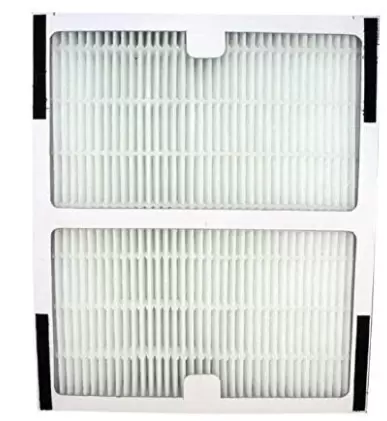
Conclusion
Choosing the right household air purifier filter is essential for maintaining clean and healthy indoor air. By understanding the different types of filters and considering factors such as air quality needs, efficiency, and maintenance costs, you can make an informed decision. Whether you need a HEPA filter for allergens, an activated carbon filter for odors, or a UV filter for germs, selecting the right filter will ensure your home remains a safe and breathable space for you and your family.
Newton Smart Technology (Suzhou) Co., Ltd., nestled in the picturesque Jiangnan water town of Suzhou, specializes in the research, development, production, and sales of environmental protection equipment and accessories.
Welcome to inquire if you need to know more about household air purifier filter details or order wholesale.
E-mail:daiyk8888@126.com


